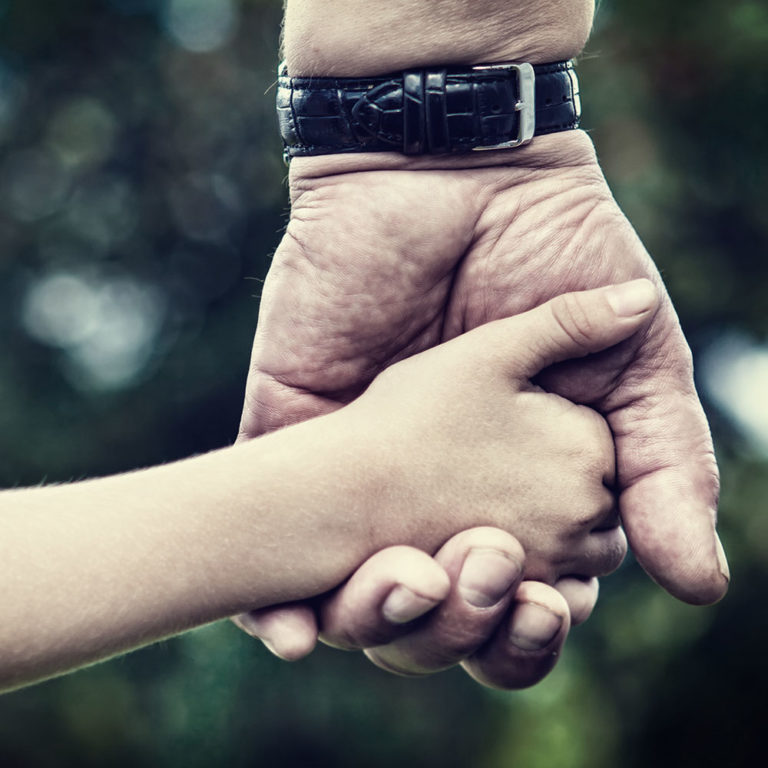Well that just happened.
A friend of mine tagged me in a post of this picture on Facebook, knowing that I would probably have some words.

I did, and they were not all that well received.
But then I decided to do an experiment and posted this on my Facebook wall and invited comment. Again, the internet exploded just a little.
RIGHT MESSAGE, WRONG VEHICLE
I think the point the author was trying to make here is about unsolicited or asked for parenting advice. Which a lot of people seem to have for parents, especially new parents. And seem to hand out freely without it often being requested, or particularly wanted. And it can often come across as quite judgemental.
I completely get that.
But what offends me about this quote is that it insinuates that people who do not have children of their own have absolutely nothing to add when it comes to ideas on raising children well.
Despite the fact that I was a child with parents. And that I studied primary school teaching. And that I have lived with people who have children and so have seen their parenting styles from close up. And so on.
So I get the point and I think it’s a valid one – don’t give people advice about raising their children unless you have either been asked to do so, or you have earned the right to speak due to close relationship proximity with them. And even then, tread gently.
SOME CONCLUSIONS
After allowing a whole bunch of comments and engaging with a number of them, this is my conclusionary status that I posted:
Turns out parents very clearly have studios.
I really enjoyed most of the engagements around what I still think is an awful parenting comment (right point, wrong vehicle) and so thank you to everyone for engaging.
I definitely feel I must apologise for the definition of parenting as ‘sticking things in things’ as that excludes adoptive parents and while my point was still completely valid, it was an awful exclusion to make – I have so much time and respect for adoptive parents who often get unfairly treated or judged for a number of stupid insensitive reasons.
I also really loved what my friend Lisa had to say:
As a new parent I feel judged a lot more by other parents than non and I do often find myself judging others as much as I try not to, knowing it is hard and everyone’s tools and life realities are different (barring things like destructively permissive parenting). For me it should be more like, if I have a relationship with you and you come alongside me and speak the truth in love, parent or no I will eat the meat and choose to spit out the bones. If you are not in a relationship with me and your “advice” comes off judgy, then substitute “non parent” with “person who hasn’t earned the right to opine in my life” above.”
Oh and what Road said:
having lived with people, when things are hitting the fan, and my perspective is clouded and my patience severely limited, I value the perspective that the objectivity (and less tested patience) of those ‘outside’ of the situation bring. But the grace with which one brings perspective is crucial!! And this has been thoroughly appreciated by us, and makes advice an encouragement rather than possibly feeling like a criticism.
And Jessie too:
“Although I am not myself a parent, I was indeed parented, for many years in fact. This gives me a whole lotta insight into what works and what just screws a child up.”
# The bottom line for me is that this meme is talking to unsolicated advice and I think that’s key and where a lot of the pain for parents comes from – do people without children have anything to add/offer/be asked about? Absolutely and there is no doubt in my opinion. But should you ever give it without being asked? No, I don’t think so unless you have the strong relationship to be able to do so in love and even then that would need to be a hugely sensitive endeavour. But this also goes especially for parents too. It’s more the unsolicited advice than where it comes from I would imagine…
Is all. Let’s keep it real people and remember that being a parent is an incredible thing – so important and crucial and vital and impossible to do without some kind of outside support and cheering on and babysitting and date night money and so on…
As you were.
FINAL WORDS ON PARENTING
I do absolutely believe that being a parent is one of the hardest things to do well in the world. But I also love the idea that ‘a village raises a child’. Having watched some of the parents I know, they need all the help they can get, not because they are particularly bad at it or anything but because it is tough and tiring and demanding and confusing and there is absolutely no one-size-fits-all manual of how this thing works as each child and parent and context is completely different.
We can learn from each other, but we each journey our own journey on this planet. How much more so if we have chosen to be parents.
What are your thoughts on the quote above? Agree or disagree? And if you are a parent do you have any stories to share of unsolicited advice?










